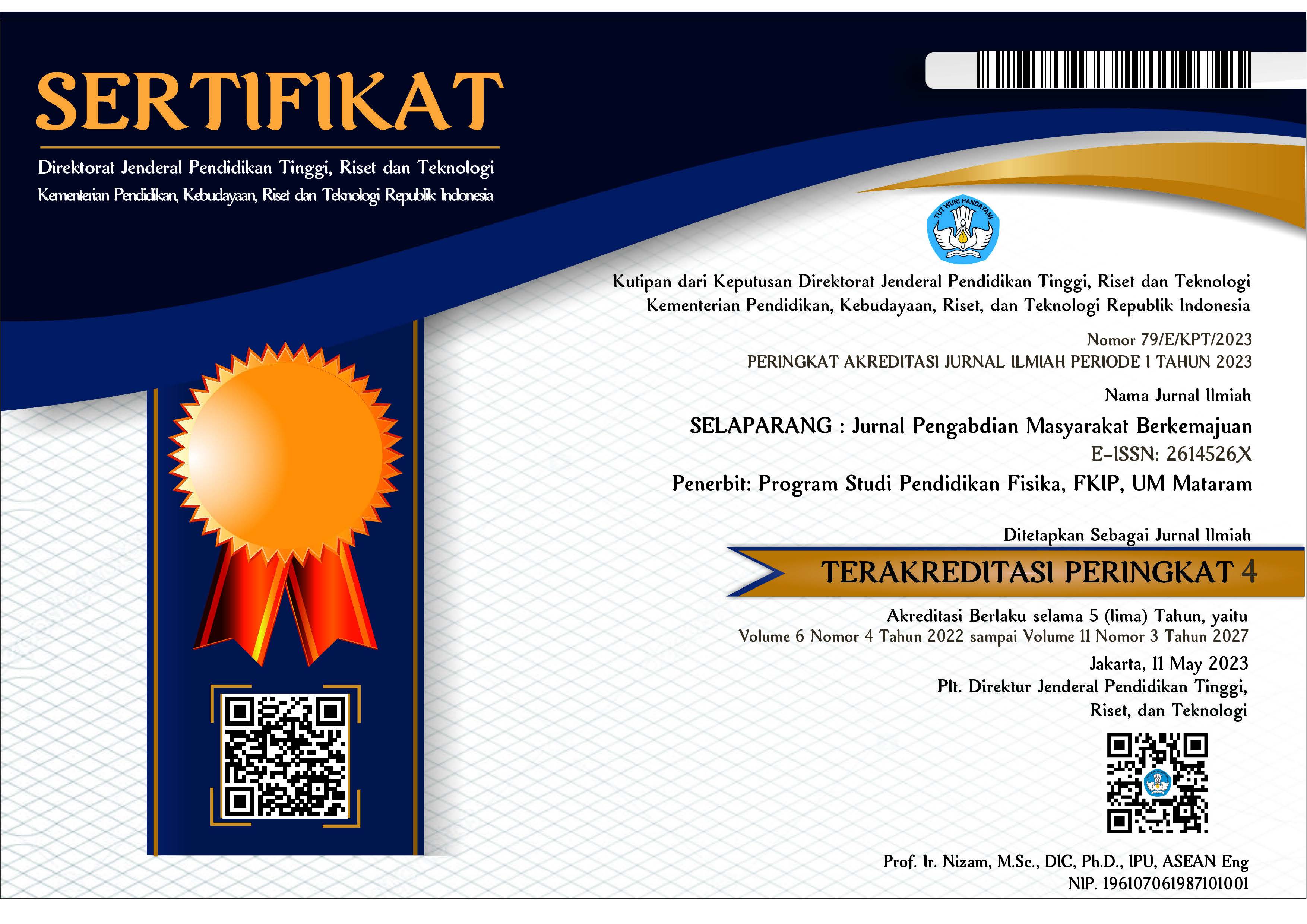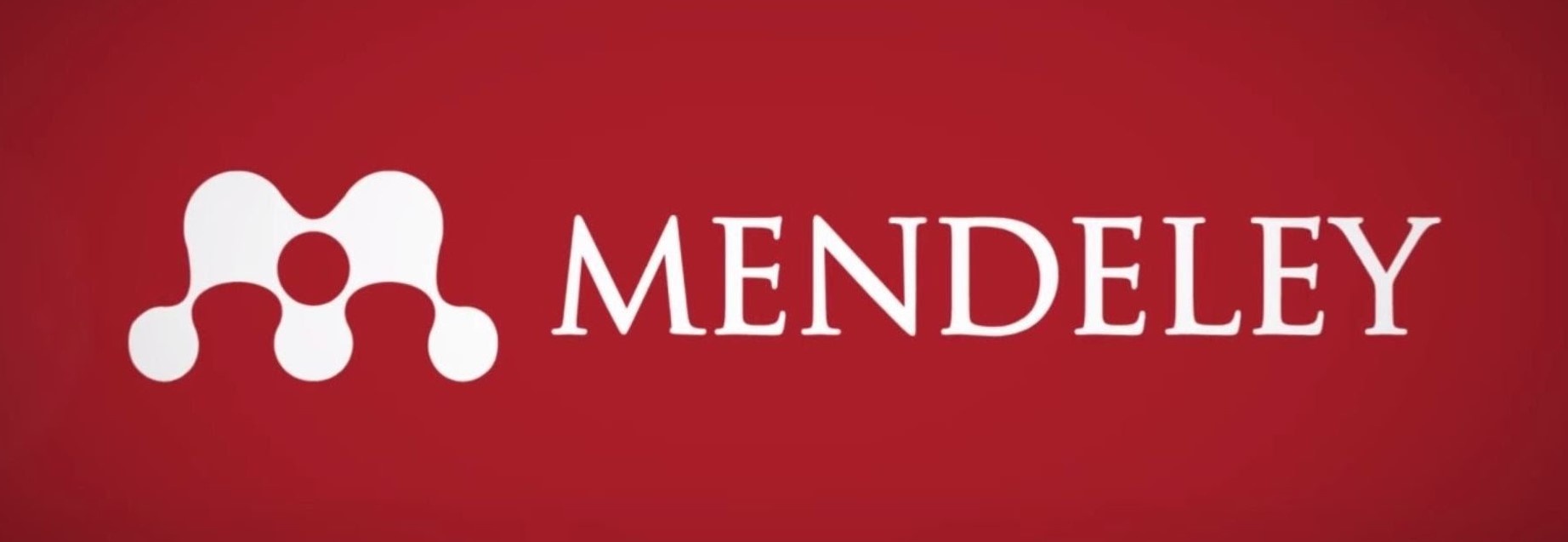Peningkatan literasi dan inklusi keuangan bagi pelaku UMKM di Desa Lembak
Abstract
Abstrak
Usaha, Mikro, Kecil dan Menengah (UMKM) memiliki peran strategis dalam perekonomian, namun banyak pelaku usaha menghadapi tantangan dalam pengelolaan keuangan, termasuk pencatatan transaksi, pengelolaan modal, serta pemahaman terhadap akses pembiayaan. Kurangnya literasi keuangan dapat menghambat pertumbuhan usaha dan keberlanjutan bisnis. Program pengabdian ini bertujuan untuk meningkatkan literasi keuangan bagi pelaku UMKM di Desa Lembak, Kabupaten Ogan Ilir, Provinsi Sumatera Selatan guna mendukung pengelolaan usaha yang lebih baik dan berkelanjutan. Kegiatan ini melibatkan 40 pelaku UMKM yang terdiri dari berbagai sektor usaha, seperti perdagangan, kuliner, dan kerajinan kain songket dan tenun. Metode pelaksanaan meliputi sosialisasi tentang literasi keuangan, pelatihan interaktif, serta pendampingan langsung dalam penyusunan laporan keuangan sederhana dan strategi perencanaan keuangan usaha. Materi yang disampaikan mencakup dasar-dasar manajemen keuangan, teknik pencatatan keuangan berbasis digital, serta akses permodalan dari lembaga keuangan formal. Hasil kegiatan menunjukkan peningkatan pemahaman peserta terhadap informasi dasar keuangan mencakup numerasi, inflasi dan divesrifikasi risiko. Dengan adanya program ini, diharapkan pelaku UMKM di Desa Lembak dapat mengembangkan usaha secara lebih berkelanjutan dan meningkatkan daya saing di pasar, sekaligus berkontribusi pada pencapaian Tujuan Pembangunan Berkelanjutan (Sustainable Development Goals/SDGs) nomor 8, yaitu Pekerjaan Layak dan Pertumbuhan Ekonomi.
Kata kunci: literasi keuangan; inklusi keuangan; UMKM Desa; keuangan UMKM; SDG8
Abstract
Micro, Small, and Medium Enterprises (MSMEs) play a strategic role in the local economy. However, many business owners face challenges in financial management, including transaction recording, capital management, and understanding access to financing. A lack of financial literacy can hinder business growth and sustainability. This community service program aims to enhance financial literacy among MSME actors in Lembak Village, Ogan Ilir Regency, South Sumatra Province, to support better and more sustainable business management. This initiative involves 40 MSME participants from various business sectors, including trade, culinary, and traditional Songket and Tenun weaving crafts. The implementation methods include socialization on financial literacy, interactive training, and direct assistance in preparing simple financial reports and business financial planning strategies. The materials delivered cover the basics of financial management, digital-based financial recording techniques, and access to capital from formal financial institutions. The results of the activities indicate an increase in participants' understanding of basic financial information, including numeracy, inflation, and risk diversification. Through this program, it is expected that MSME actors in Lembak Village can develop their businesses more sustainably and enhance their competitiveness in the market while also contributing to the achievement of Sustainable Development Goal (SDG) No. 8: Decent Work and Economic Growth.
Keywords: financial literacy; financial inclusion; rural MSMEs; SME finance; SDG8
Keywords
Full Text:
PDFReferences
Anderson, A., & Robinson, D. T. (2022). Financial Literacy in the Age of Green Investment. Review of Finance, 1551–1584, https://doi.org/10.1093/rof/rfab031
Ansar, S., Klapper, L., & Singer, D. (2023). The importance of financial education for the effective use of formal financial services. Journal of Financial Literacy and Wellbeing, 1(1), 28–46. https://doi.org/10.1017/flw.2023.5
Basha, S. A., Bennasr, H., & Goaied, M. (2023). Financial literacy, financial development, and leverage of small firms. International Review of Financial Analysis, 86, 102510. https://doi.org/10.1016/j.irfa.2023.102510
Clark, R. L., Lin, C., Lusardi, A., Mitchell, O. S., & Sticha, A. (2024). Evaluating the Effects of a Low-Cost, Online Financial Education Program. SSRN Electronic Journal, 232(March), 106952. https://doi.org/10.2139/ssrn.4780456
Clark, R.L., Mitchell, O.S. (2022). Americans’ Financial Resilience during the Pandemic. Financial Planning Review. 5 (2–3), 1–15. https://doi.org/10.1002/cfp2.1140
Clemente-Almendros, J. A., Nicoara-Popescu, D., & Pastor-Sanz, I. (2024). Digital transformation in SMEs: Understanding its determinants and size heterogeneity. Technology in Society, 77, 102483. https://doi.org/10.1016/j.techsoc.2024.102483
Demirguc-Kunt, A., Klapper, L., Singer, D., Ansar, S., & Hess, J. (2018). The Global Findex Database 2017: Measuring Financial Inclusion and the Fintech Revolution. In The Global Findex Database 2017: Measuring Financial Inclusion and the Fintech Revolution. https://doi.org/10.1596/978-1-4648-1259-0
Hakam, D. F., & Hakam, L. I. (2024). Sustainability in small and medium sized enterprises (SME) financing. Development and Sustainability in Economics and Finance, 2(4), 100031. https://doi.org/10.1016/j.dsef.2024.100031
Hasler, A., Streeter, J.L. & Valdes, O. (2022). Using Factor Analysis to Assess Financial Vulnerability in the United States. GFLEC Working Paper Series WP, 2022-1. https://gflec.org/wp-content/uploads/2022/03/WP2022-1_Hasler-Streeter-Valdes.pdf?x73402.
Klapper, L., El-zoghbi, M., & Hess, J. (2016). Achieving the Sustainable Development Goals. April.
Lanciano, E., Previati, D., Ricci, O., & Santilli, G. (2024). Financial literacy and sustainable finance decisions among Italian households. Journal of Economics and Business, xxxx, 106220. https://doi.org/10.1016/j.jeconbus.2024.106220
Lusardi, A. (2019). Financial literacy and the need for financial education: evidence and implications. Swiss Journal of Economics and Statistics, 155(1), 1–8. https://doi.org/10.1186/s41937-019-0027-5
Nugraha, D. P., Setiawan, B., Emilda, E., Masyhuri, M., Quynh, M. N., Nathan, R. J., Fekete‐Farkas, M., & Hágen, I. (2024). Role of Financial Literacy and Saving Habits on Fintech Adoption post Covid-19. Etikonomi, 23(1), 63–80. https://doi.org/10.15408/etk.v23i1.37856
Nugraha, D. P., Setiawan, B., Nathan, R. J., & Fekete-Farkas, M. (2022). Fintech Adoption Drivers for Innovation for SMEs in Indonesia. Journal of Open Innovation: Technology, Market, and Complexity, 8(4), 208.
OJK. (2020). Bagaimana UMKM & Perbankan Dapat Sukses di Era Disrupsi Ekonomi dan Digital. … : Departemen Penelitian Dan Pengaturan Perbankan, 1–108.
Rekha, I. S., Sriram, K. V., & Hungund, S. (2024). MSME/SME financial literacy: A systematic literature review and bibliometric analysis. Journal of the Knowledge Economy. https://doi.org/10.1007/s13132-024-02472-0
Setiawan, B. (2020). Descriptive Analysis of Financial Literacy: Evidence from Public and Private University Students. Sriwijaya International Journal of Dynamic Economics and Business, 4(1), 73–86.
Setiawan, B., & Saputra, T. S. (2021). Literasi Keuangan Pelaku Usaha Mikro, Kecil dan Menengah (Umkm) Kota Palembang. Jurnal Abdimas Mandiri, 4(2).
Wibowo, M., & Aumeboonsuke, V. (2020). Bank financial capability on MSME lending amid economic change and the growth of Fintech companies in Indonesia. Thailand and the World Economy, 38(2), 63–87.
Widita, A. A., Lechner, A. M., & Widyastuti, D. T. (2024). Spatial patterns and drivers of micro, small and medium-sized enterprises (MSMEs) within and across Indonesian cities: Evidence from highly granular data. Regional Science Policy and Practice, 16(11), 100137. https://doi.org/10.1016/j.rspp.2024.100137
DOI: https://doi.org/10.31764/jpmb.v9i3.30427
Refbacks
- There are currently no refbacks.

This work is licensed under a Creative Commons Attribution-ShareAlike 4.0 International License.
______________________________________________________
Jurnal Selaparang
p-ISSN 2614-5251 || e-ISSN 2614-526X
EDITORIAL OFFICE:



















